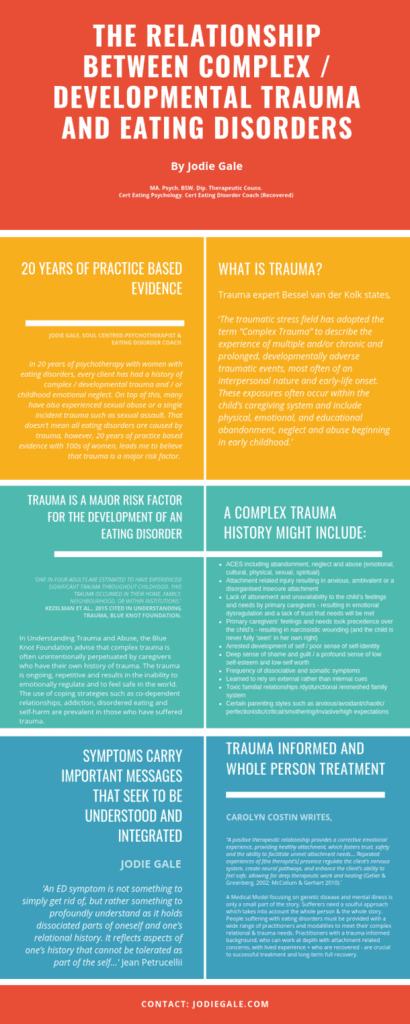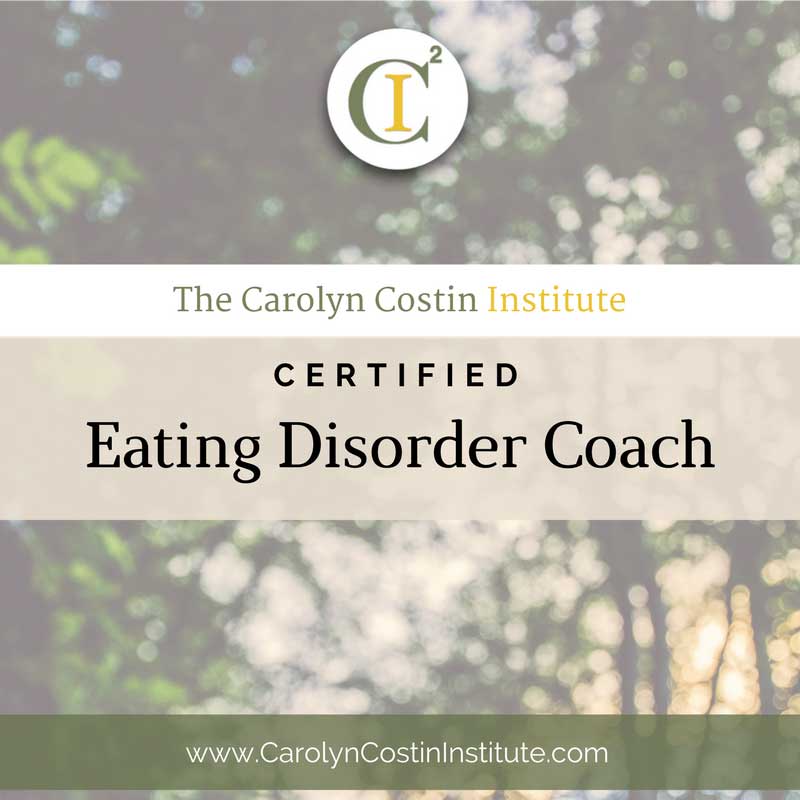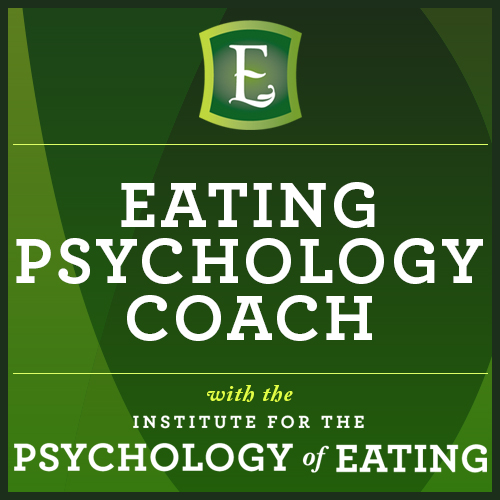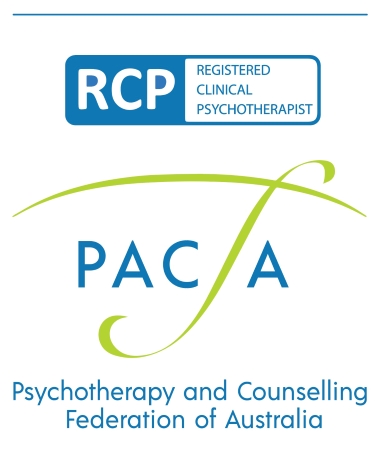The Relationship Between Complex/Developmental Trauma and Eating Disorders
In my previous blog post on the relationship between trauma and eating disorders – Why Eating Disorder Treatment Needs Depth Psychotherapy More Than Ever Before, I wrote in depth about how trauma is a strong risk factor in the development of eating disorders.
“In 20 years of psychotherapy with women with eating disorders, every client has had a history of complex / developmental trauma and / or childhood emotional neglect. On top of this, many have also experienced sexual abuse or a single incident trauma such as sexual assault. That doesn’t mean all eating disorders are caused by trauma, however, 20 years of practice based evidence with 100s of women, leads me to believe that trauma is a major risk factor.”
A Medical Model focusing on genetic disease and mental illness is only a small part of the story. Sufferers need a soulful approach which takes into account the whole person & the whole story.
Jean Petrucelli writes,
‘An ED symptom is not something to simply get rid of, but rather something to profoundly understand as it holds dissociated parts of oneself and one’s relational history. It reflects aspects of one’s history that cannot be tolerated as part of the self…’
People suffering with eating disorders must be provided with a wide range of practitioners and modalities to meet their complex relational needs. Practitioners with a trauma informed background, who can work at depth with attachment related concerns, with lived experience + who are recovered – are crucial to successful treatment and long-term full recovery.
For more information on complex trauma or if you are looking for a therapist in your area, head on over to the Blue Knot Foundation.
This blog is part of the National Psychotherapy Day Blog Challenge for therapists. Click through to read their blogs on the benefits of counselling and psychotherapy.












